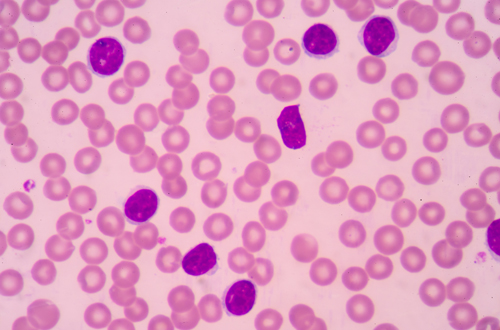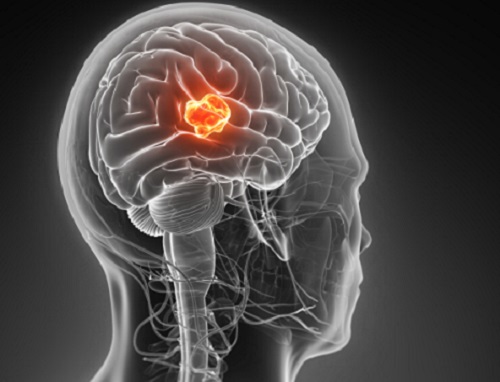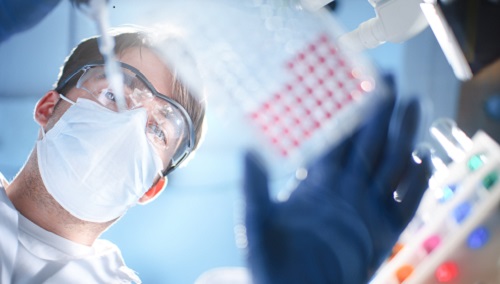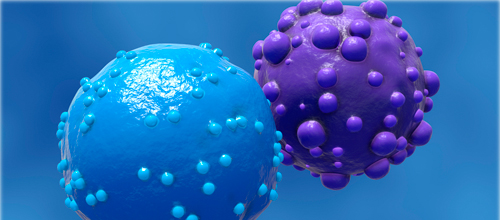February 10, 2017 (CURE e-magazine)
Genetically engineering immune cells to treat cancers took another step forward after promising results from the phase 1 trial of Axicabtagene ciloleucel (KTE-C19), a CAR T-cell therapy for patients with refractory diffuse large B-cell lymphoma (DLBCL). The 7-patient study found the therapy to be safe and durable, with 71 percent of the patients (five of seven ) presenting some response; four patients developing complete remission (CR) within one month of treatment; and three patients remaining in CR after one year. This is opposed to the expected 8 percent complete response rate for such patients treated with conventional chemotherapies.
Phase 1 trial results led to the initiation of the pivotal ZUMA-1 phase 2 trial.
Axicabtagene ciloleucel, developed by Kite Pharma, involves isolating specific T-cells from a patient’s blood and genetically engineering these cells to produce special receptors on their surface, called chimeric antigenreceptors (CARs). Once infused back into the patient, the re-engineered CAR T-cells recognize and kill the CD19 protein found on lymphoma cells.
In the multicenter phase 1 study, patients received chemotherapy with concurrent cyclophosphamide and fludarabine chemotherapy (500 mg/m2) for three days, followed by KTE-C19 at a target dose of 2 x 106 CAR T-cells/kg.
Read the complete review “CAR T-Cell Therapy Is Safe, Effective in Lymphoma” at curetoday.com.




